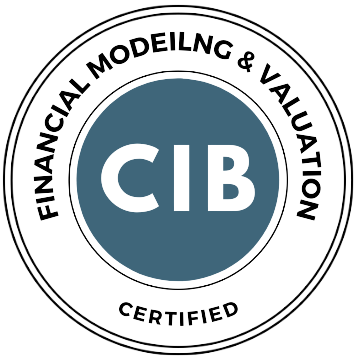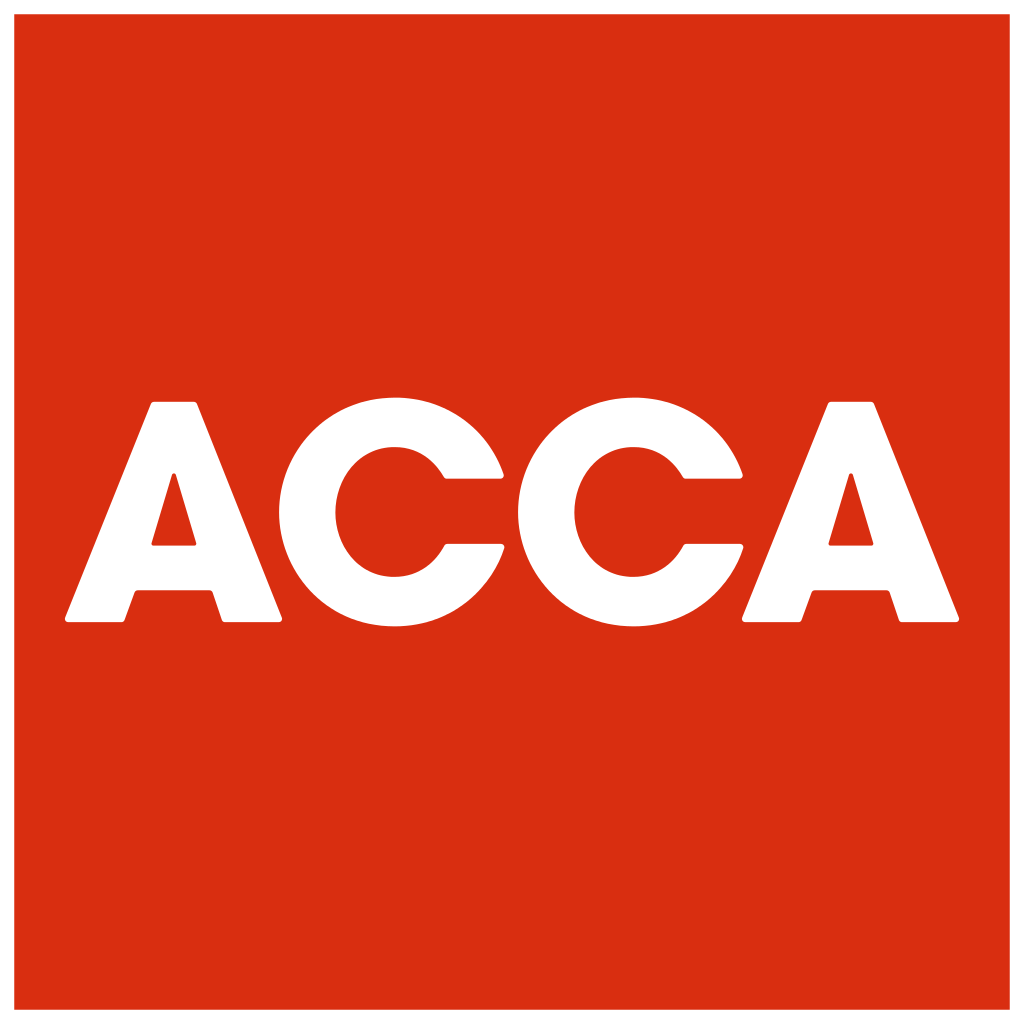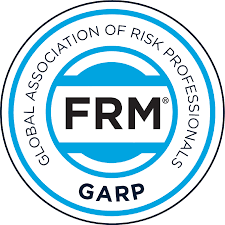Error 404 | Page Not Found
Which Course are you looking for?

Certification In Investment Banking®
Investment Banking certification covering the most in-demand finance skills i.e. Financial Modeling and Valuation.
- 100% Job Support
- 3,000+ Students Enrolled

CFA® Prep Course
CFA Coaching with highly intuitive and derivation based conceptual clarity and ZERO rote learning.
- Full Syllabus Coverage
- 2,000+ Students Enrolled

ACCA® Prep Course
ACCA Coaching with tailored guidance, comprehensive study materials, and conceptual learning.
- Full Syllabus Coverage
- 3,000+ Students Enrolled

FRM® Prep Course
FRM Coaching with practical examples, real life case studies and 100% concept driven approach.
- Full Syllabus Coverage
- 1,000+ Students Enrolled